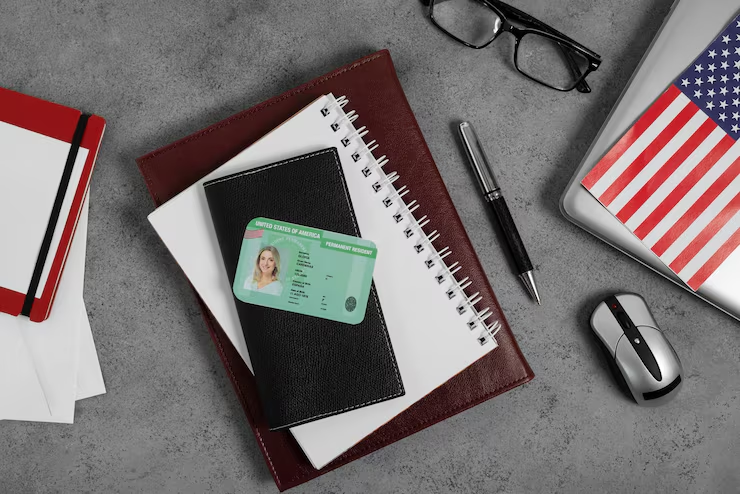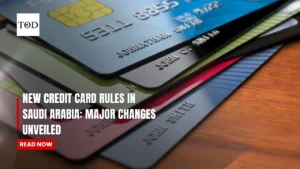August 15, 2025 | Dubai, UAE: Let’s be honest, the words UAE credit score and Emirates ID credit report don’t exactly spark excitement. But if you’ve ever applied for a loan, tried to rent an apartment, or even wanted a new credit card, these two things have quietly decided your fate. Think of them as your financial reputation on paper, the story banks and lenders read before saying “yes” or “no.”
In this guide, we’ll break down why your UAE credit score matters, how the credit report with Emirates ID works, and how you can check them in just a few minutes (without breaking the bank).
Why Your UAE Credit Score and Emirates ID Credit Report Matter?
Your credit score is a three-digit snapshot of your financial habits. It’s built from the information in your credit report, which tracks things like bill payments, loan history, and even bounced cheques.

A strong score opens doors, lower interest rates, faster loan approvals, and better deals on financial products. A weak score? That can mean higher costs or outright rejections.
Here’s the kicker even small slip-ups, like forgetting to pay a utility bill before leaving for vacation, can leave a black mark on your Emirates ID credit report and pull down your UAE credit score for years.
How to Check Your UAE Credit Score and Emirates ID Credit Report

Checking your credit score is simple and costs less than lunch. Here’s how to do it:
- Go to the Al Etihad Credit Bureau (AECB) website or download the app.
- Log in using your UAE Pass or sign up with your Emirates ID, email, and mobile number.
- Choose whether you want just your score (Dh10.50) or the full Emirates ID credit report with detailed history (Dh84).
- Pay online and receive your report instantly as a PDF.
You can also check through your bank’s app, Emirates NBD, Mashreq, ADCB, and RAKBANK are just some that offer this service. Or try government platforms like TAMM in Abu Dhabi or DubaiNow for quick access.
What’s Inside the Emirates ID Credit Report
The credit report is like the unfiltered version of your UAE credit score. It lists every active loan, every credit card, and whether you’ve been punctual (or not) with payments. It also records bounced cheques, defaults, and your overall credit usage.

Banks use it to decide:
- How much money to lend you.
- What interest rate to offer.
- Whether you’re a “safe” customer or a risk.
By checking it regularly, you can spot errors and fix them before they become roadblocks.
How to Improve Your UAE Credit Score
If your credit score isn’t where you want it to be, the good news is you can turn it around. Start with small, consistent steps:
- Pay every bill on time, credit cards, loans, utilities.
- Keep credit card balances well below your limit.
- Avoid applying for multiple loans in a short time.
- Close unused accounts after clearing dues.
- Review your Emirates credit report at least twice a year.
Remember, improving your credit score is a marathon, not a sprint but steady habits will get you there.

Your credit score and ID credit report might seem like boring financial paperwork, but in reality, they’re your golden ticket to better opportunities. For the price of a coffee, you can check them today, understand where you stand, and start making moves to improve.
Because when it comes to your financial future, knowing your numbers isn’t just smart, it’s essential.
It might feel like a small step, but checking your financial health regularly can make a big difference. A few minutes today can save you stress tomorrow, help you plan better, and keep your future goals within reach.
Also Read: Dubai Gold Price Drop: Will It Fall Further After Trump’s No-Tariff Statement?














